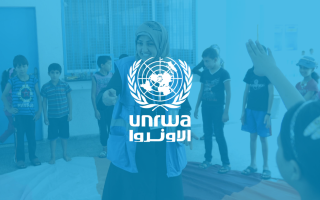Nelson Mandela: Life, Legacy, and Leadership - Online Self-Paced Module
This online module is a foundational resource of the Nelson Mandela Project for Social Change.
It consists of a self-paced learning resource, featuring:
- An overview of Nelson Mandela's main leadership attributes and how they contributed to ending the Apartheid regime in South Africa;
- An introduction to Nelson Mandela's mentors and companions in his political struggle;
- An invitation to critically on the legacy of South Africa's democratization process, and its consequences nowadays.
It should take around 40 minutes to complete the module.
In a world where polarization and inequalities threaten to undo hard-earned development gains, it is essential to recall ways to tackle such issues so that shared visions of equity and inclusion are built within and across societies.
Nelson Mandela inspired the world in his fight against the apartheid regime. He proved it to be possible to establish lasting democratic institutions, and contributed to building a new national identity for South Africa, inspired by tolerance, peace and creating fairer living conditions for all in the country.
This module will provide you with a brief overview of Nelson Mandela's efforts towards ending apartheid in South Africa. Moreover, it will recall the companions, context and inspirations he could build on as a leader and the specific traits he displayed that allowed for the successful reinvention of his nation.
This is an online self-paced module.
Leadership, Human Rights, Governance.
Everyone.
Free of charge.



